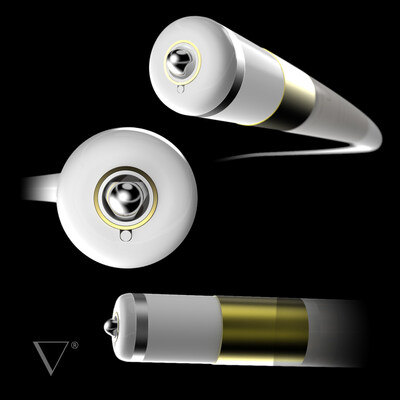January 21, 2021
Boston Scientific today announced that it has entered into a definitive agreement to acquire Preventice Solutions, Inc., a privately-held company that offers a full portfolio of mobile cardiac health solutions and services, ranging from ambulatory cardiac monitors – including short and long-term Holter monitors – to cardiac event monitors and mobile cardiac telemetry.
The transaction consists of an upfront cash payment of $925 million, and up to an additional $300 million in a potential commercial milestone payment. Boston Scientific has been an investor in Preventice since 2015 and currently holds an equity stake of approximately 22 percent, which is expected to result in a net payment of approximately $720 million upon closing and a milestone payment of up to approximately $230 million. Preventice recorded net sales of $158 million in 2020 – a 30 percent growth rate from the previous year.
ardiovascular disease is the leading cause of mortality globally, accounting for nearly 17.9 million annual global deaths and highlighting the need for early detection and management for individuals who may be at risk of a cardiac event.1 Physicians may ask at-risk patients to wear an external cardiac monitor to assess how their heart is functioning, which may lead to the diagnosis of a potential heart rhythm problem known as an arrhythmia. The recordings taken by the monitor can then help physicians develop an optimal and personalized treatment plan.
The Preventice product portfolio includes the BodyGuardian® family of remote, wearable cardiac monitors for adult and pediatric patients. The monitors use a fully-integrated, cloud-based platform supported by an independent diagnostic testing facility, where clinical technicians and artificial intelligence (AI) algorithms provide insights that may lead to improved clinical diagnoses and outcomes. Preventice’s integration of AI and human expertise is designed to enhance physician efficiency and experience.
“This acquisition will provide Boston Scientific with a foothold in the high-growth ambulatory electrocardiography space, which strongly complements our recent entrance into the implantable cardiac monitor market and will serve as an important component of our category leadership strategy in cardiac diagnostics and services – a nearly $2B market anticipated to grow double digits annually,” said Scott Olson, senior vice president and president, Rhythm Management, Boston Scientific. “We are confident that by adding the broad technology portfolio and expertise of Preventice, our combined teams can continue to deliver rapid growth in these highly-attractive markets while also establishing an important adjacency to our core cardiac rhythm management and electrophysiology businesses.”
The newest remote monitoring system within the Preventice BodyGuardian family, the BodyGuardian MINI PLUS, has multiple electrode options intended to enhance rhythm detection, is waterproof, repositionable and can be used in all modalities of short and long-term monitoring, as determined necessary by physicians. These remote monitoring systems are combined with BeatLogic® deep learning algorithms – a type of AI – that detect, classify and interpret variations in heart rhythm data with high beat detection sensitivity and positive predictive value.2
“We have been humbled to provide thousands of physician practices with services based on near real-time clinical data to enable the diagnosis and management of more than one million cardiac patients, without needing to interrupt their daily activities,” said Jon Otterstatter, chief executive officer of Preventice Solutions. “Boston Scientific has been a key investor in Preventice for more than five years and we believe the company has the commercial reach, diagnostics expertise and operational infrastructure to bring these advanced monitoring technologies to more patients worldwide.”
The acquisition is projected to close by mid-2021, subject to customary closing conditions, and to be immaterial to adjusted earnings per share in 2021, accretive by at least one cent in 2022, and increasingly accretive thereafter. On a GAAP basis, the transaction is expected to be less accretive, or dilutive as the case may be, due to amortization expense and acquisition-related net charges, except for a one-time gain on the company’s previously held equity investment in Preventice to be recorded at the closing of the transaction. Additional information about this transaction is available on the events and presentations section of the Boston Scientific investor relations website.
Founded in 2007 as Preventice, Preventice Solutions is based in Minneapolis with offices in Houston and Rochester, Minn.


